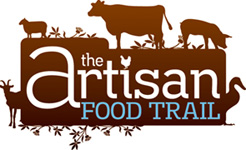
Apple Day: Orchard Diversity and Traditions
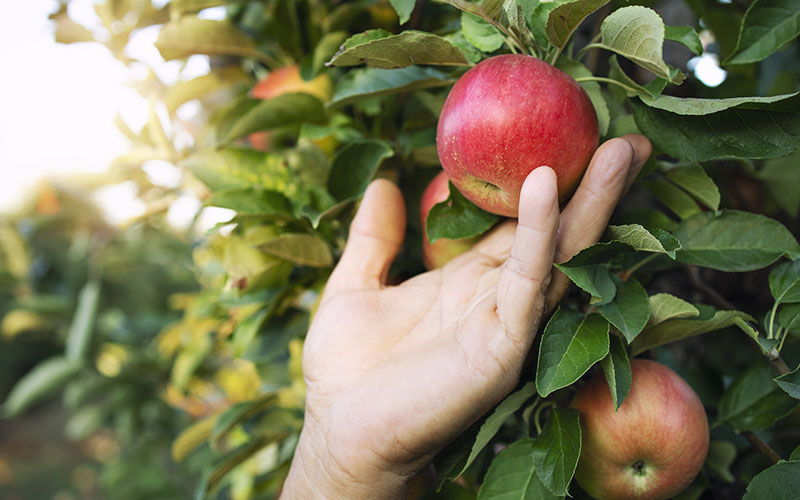
In orchards and gardens across the world, there exists a humble fruit that has captivated hearts and palates for centuries. It’s the apple — nature’s delicious masterpiece, a symbol of health, and an embodiment of temptation. With its crisp bite and sweet, juicy flesh, the apple has secured a revered place in the culinary world and our daily lives.
Apple Day, celebrated on 21st October, is an annual homage to one of the most beloved and versatile fruits in the world — the apple. This delightful event offers an opportunity to not only celebrate the apple but also to acknowledge the rich history, cultural significance, and the incredible variety of apple-related products.
The origin of Apple Day
The event was first initiated by the organisation Common Ground in 1990. Founded by environmentalists Sue Clifford and Angela King, Common Ground aimed to celebrate the biodiversity of apple varieties in the United Kingdom and promote the importance of orchards and sustainable farming practices. Over the years, Apple Day has grown in popularity and expanded its reach, spreading beyond the UK to various countries around the world.
Why Apple Day?
This unique celebration, dedicated to a single fruit, was established to honour the diverse array of apple cultivars. It also highlights the pressing need to preserve these distinct varieties, which are at risk of extinction due to prevailing commercial farming practices.
Apples bear deep cultural significance in numerous societies, intertwined with folklore, mythology, and cherished traditions. Apple Day serves as an occasion to explore these captivating cultural connections.
Additionally, Apple Day emphasises the importance of endorsing local businesses, small-scale orchards, and cider makers. Opting for locally-sourced goods plays a central role in bolstering rural economies and lessening the ecological footprint of food production. In a world contending with intricate agricultural issues, this awareness day offers a straightforward and influential path to effecting change.
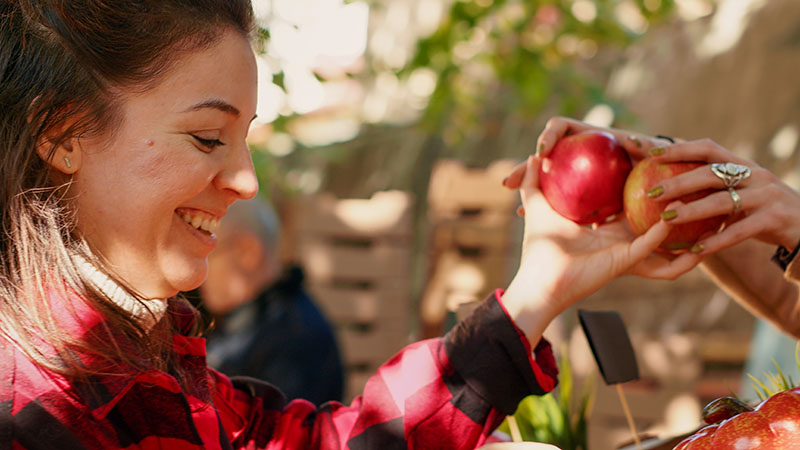
How Apple Day is celebrated
Local traditions come to life during this celebration, with a variety of engaging activities. Orchards across the country open their doors, inviting the public to participate in apple picking and providing insights into apple cultivation through guided tours. Tastings of different apple varieties offer a flavorful journey, often revealing unexpected tastes and textures.
For those intrigued by the art of cider making, workshops and demonstrations led by local cider producers provide a comprehensive understanding of this craft. Festivities include traditional games like apple bobbing and the accompaniment of live music performances, giving everything a celebratory atmosphere.
Culinary enthusiasts can hone their skills in apple-related cooking classes, learning to create a range of delicious dishes using this fruit. Artisan markets feature an array of handmade apple-based products, including jams, jellies, and apple-themed crafts, offering both delightful products and a space for creative appreciation.
Unearthing the heritage of apples
Apples have a rich history in the United Kingdom. Their presence can be traced back thousands of years, with evidence of apple cultivation dating as far back as Roman times. However, it wasn’t until the Middle Ages that apples became a staple of British orchards and cuisine.
During this period, monasteries played a significant role in apple cultivation, preserving and developing new apple varieties. Monks were known for their horticultural skills and contributed to the selection and propagation of many apple cultivars. Apples were appreciated not only for their fruit but also for their use in making cider, which became an important beverage in medieval England.
In the 17th and 18th centuries, interest in apple cultivation expanded with the founding of apple nurseries. This led to the identification and propagation of numerous apple varieties, reflecting the UK’s diverse climates and soil types. Orchards became more widespread, and the apple industry continued to grow.
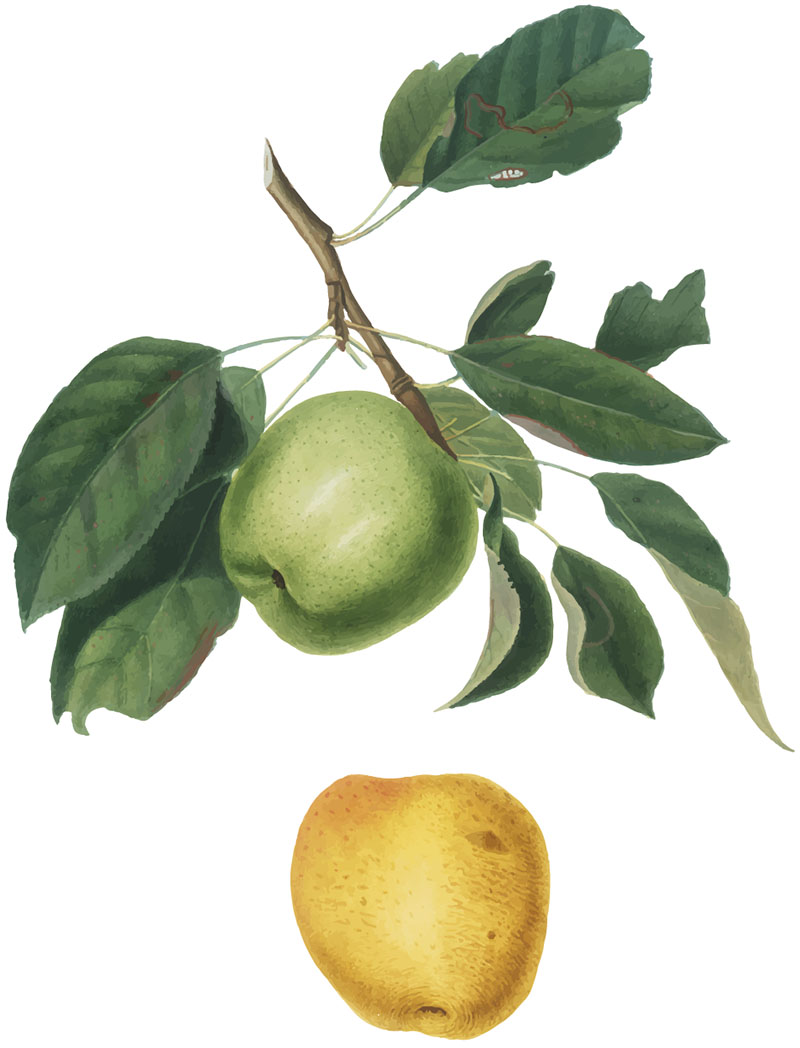
Exploring unique British apple varieties
Britain boasts a diverse range of apple varieties, each distinguished by its distinct flavour, texture, and multiple applications. This includes notable British apple varieties such as heritage apples, often referred to as ‘heirloom’ apples, which have a rich history of cultivation in our country, characterised by their unique flavours, distinctive traits, and cultural and regional importance.
Ashmead’s Kernel
A British heirloom apple celebrated for its sweet, nutty, and slightly spicy flavour, making it an excellent choice for fresh eating.
Blenheim Orange
This heritage apple, originating in Oxfordshire, England, is appreciated for its sweet, juicy flesh, making it ideal for both dessert and culinary use.
Bramley Seedling
Among the most iconic British heritage apple varieties, Bramley apples have a tart, tangy flavour and are ideal for pies, crumbles, and sauces.
Cox’s Orange Pippin
This apple variety is celebrated for its sweet and aromatic flavour. It’s perfect for eating fresh and is often considered one of the finest dessert apples.
Discovery
Discovery apples are known for their striking red colour, crisp texture, and sweet flavour. They are typically enjoyed fresh.
Egremont Russet
Egremont Russet apples are unique for their rough, golden-brown skin and sweet, nutty taste. They are excellent for eating and adding a distinctive flavour to cheese platters.
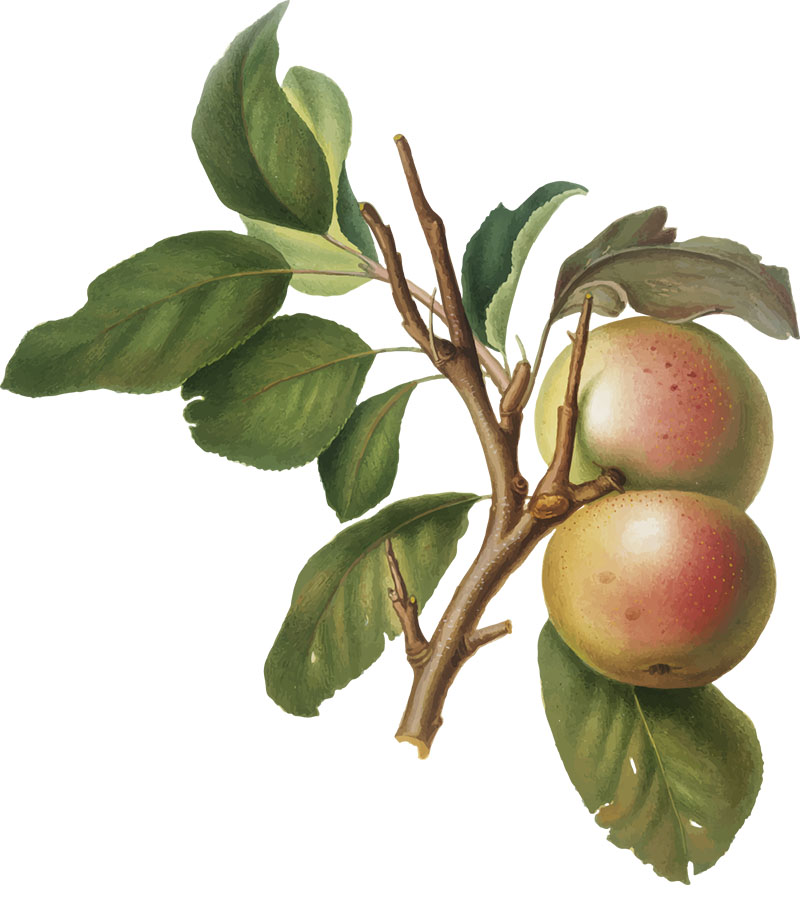
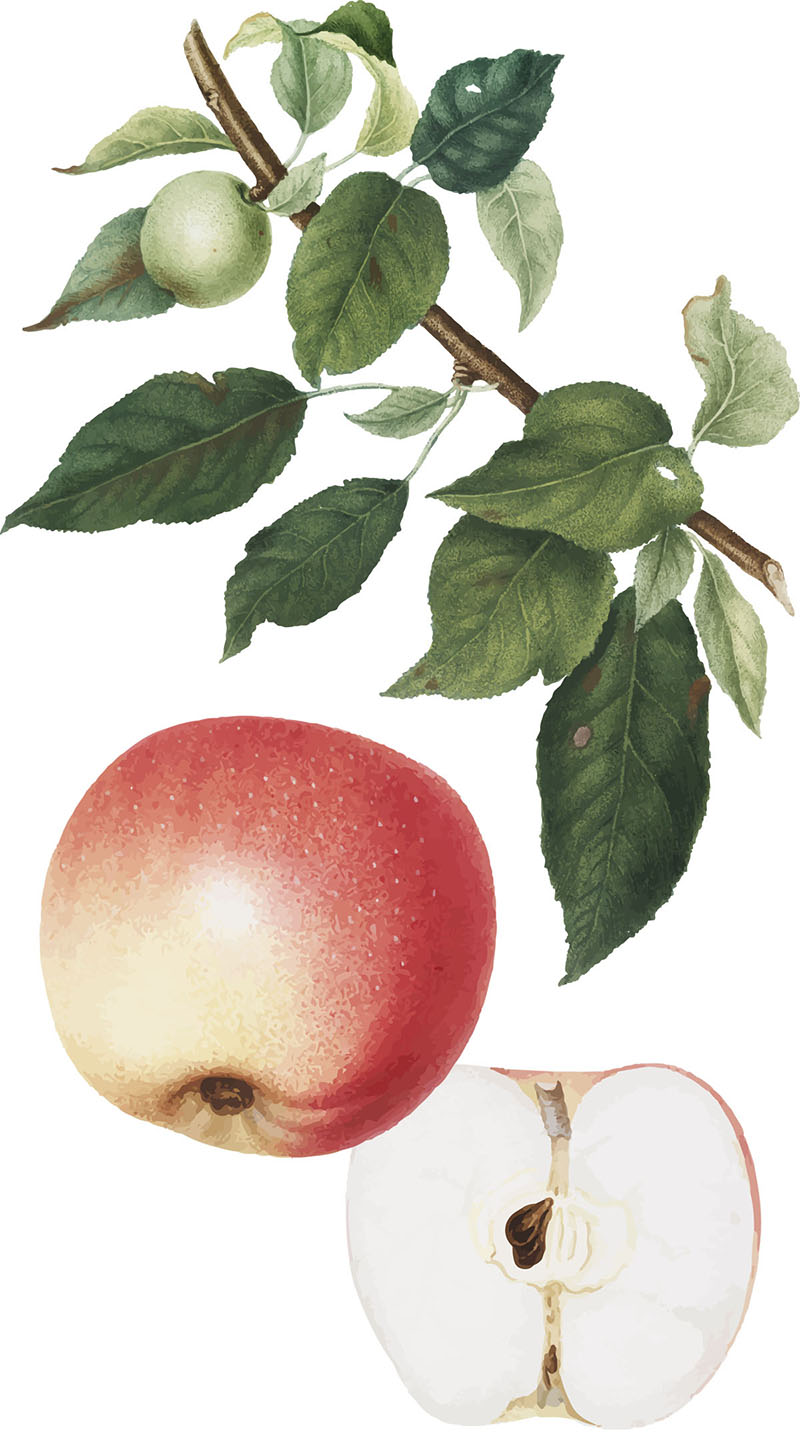
Ellison’s Orange
Ellison’s Orange apples are sweet, juicy, and aromatic, making them perfect for desserts and fresh snacking.
Katy
Katy apples have a sweet and sharp flavour, making them a versatile choice for both eating and cooking.
Keswick Codlin
A historic apple variety, originating from Cumbria, this is a cooking apple with a tart flavour, often used for making pies and preserves.
Laxton’s Superb
This British heirloom apple has crisp, juicy flesh and a sweet flavour, well-suited for fresh consumption and desserts.
Lord Lambourne
This apple variety boasts a sweet, slightly tangy taste and is great for fresh eating and cooking.
Ribston Pippin
A classic British apple, Ribston Pippin is known for its rich, aromatic flavour. It’s an excellent choice for both cooking and eating.
Worcester Pearmain
A classic British apple, prized for its sweet and juicy flesh, making it a favourite for fresh eating as well as being used for desserts and even cider making.
These are just a few examples of the diverse apple varieties to be found. Apple Day provides a perfect opportunity to explore and savour the flavours of these unique apples while learning more about their cultural significance and the history of apple cultivation in the country.
Fascinating aspects of apple folklore
Apples hold a special place in the folklore and traditions and they have been part of various customs and beliefs for centuries. Here are some intriguing aspects of the folklore surrounding apples:
Wassailing
Wassailing is an ancient tradition that often involves singing and celebrating around apple trees in orchards to encourage a good harvest. Wassailers typically make noise, sing songs, and even offer toasts to the apple trees. They believe that this ritual drives away evil spirits and ensures a bountiful apple harvest.
Bobbing
Apple bobbing is a Halloween tradition where apples are placed in a tub of water, and participants try to catch them using only their teeth. This game has origins in divination, where the apple represents the soul and bobbing for it was believed to reveal one’s future, particularly regarding matters of love.
Dowsing
Some folklore suggests that apple pips (seeds) can be used for divination, much like tea leaves or tarot cards. People would cut an apple in two, remove the seeds, and toss them. The pattern in which the seeds landed was thought to reveal messages about the future.
Love divination
Apples have long been associated with love divination. One popular tradition involved young women peeling an apple in one continuous strip and then tossing the peel over their shoulder. The shape the peel formed on the floor was thought to reveal the first letter of their future spouse’s name.
Harvest superstitions
Various superstitions were connected to apple harvesting. For example, it was considered bad luck to take the last apple from a tree, as it was believed to anger the spirit of the tree. Instead, it was customary to leave a ‘gift’ for the tree to ensure its continued prosperity.
Fairies
In Celtic and British folklore, apple trees were associated with fairies and considered to be sacred. It was believed that apple trees were a gateway to the fairy realm, and disturbing them could invite the wrath of these supernatural beings.
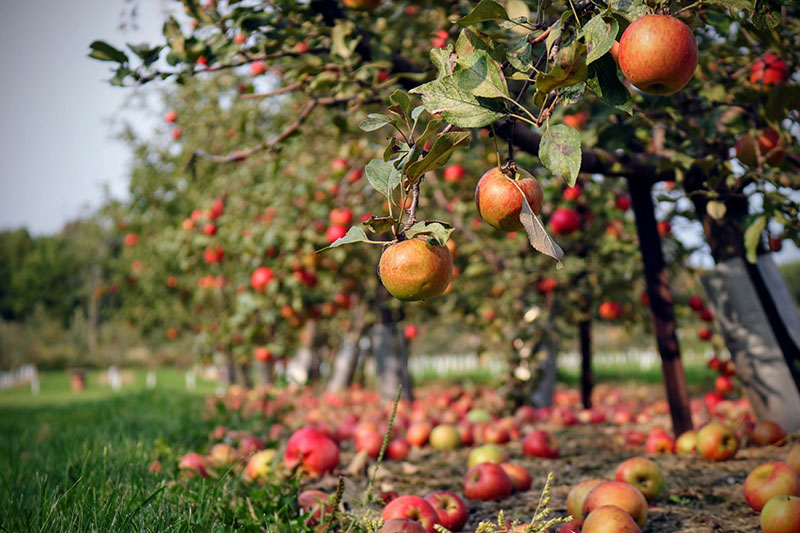
Orchards to visit
Brogdale Collections, Kent
Tour Brogdale Collections’ orchards from April to October to explore 4,000 diverse fruits, including apples, cherries, medlars, and plums. There are guided, self-guided, or tractor tours to choose from to enjoy their diverse range of fruit trees.
Visit brogdalecollections.org for details
Fenton House and Garden, London
Fenton House and Garden, a 17th-century home in Hampstead, London, boasts a 300-year-old walled garden with an orchard filled with apples and pears.
Explore it at nationaltrust.org.uk
Hill Close Gardens – Warwick
Hill Close Gardens has 16 Victorian gardens with abundant fruit and vegetable plots, especially plums.
Discover more at hillclosegardens.com
Hughenden Manor – Buckinghamshire
This 19th-century house, once belonging to Prime Minister Benjamin Disraeli, features a lovely walled garden. Enjoy the fruit trees and vegetable plots while learning from volunteer experts.
Visit nationaltrust.org.uk
The Orchard at Lyveden – Northamptonshire
The National Trust has maintained The Orchard at Lyveden since 2000. It focuses on apples and offers an Apple Pressing Day, as well as an Elizabethan orchard with 300 trees featuring 19 apple varieties.
Visit nationaltrust.org.uk for details.
RHS Garden Wisley – Surrey
Wisley’s orchard houses 1,300+ fruit varieties, the UK’s most accessible collection of apples, pears, and plums. They also feature a special collection area with gooseberries, currants, rhubarb, figs, and more.
Explore at www.rhs.org.uk
Other ways to find apple orchards in the UK
If you’re interested in visiting apple orchards to enjoy the the apple trees and pick your own apples, here are some ways to find orchards near you:
The Orchard Project
theorchardproject.org.uk
English Heritage
www.english-heritage.org.uk
For a general guide to British apples:
British Apples & Pears
britishapplesandpears.co.uk
Many apple orchards in the UK may offer ‘pick-your-own’ or have farm shops where you can purchase apples and other products.
Some orchards may not be open to the public and primarily supply fruit to local markets or commercial outlets. Therefore, it’s a good idea to check with the orchards directly or visit their websites or social media profiles for the most accurate and current information on their availability and services.
Sign up to receive our newsletter
For the latest producer info, shows, markets, recipes, competitions and more each month.
Please be assured that we don't sell or pass on your information to third parties.
Keep up to date with:
- New and approved producers and produce
- Offers, discounts, competitions and more
- Seasonal produce and great tasting downloadable recipe ideas
- Shows, events and markets
